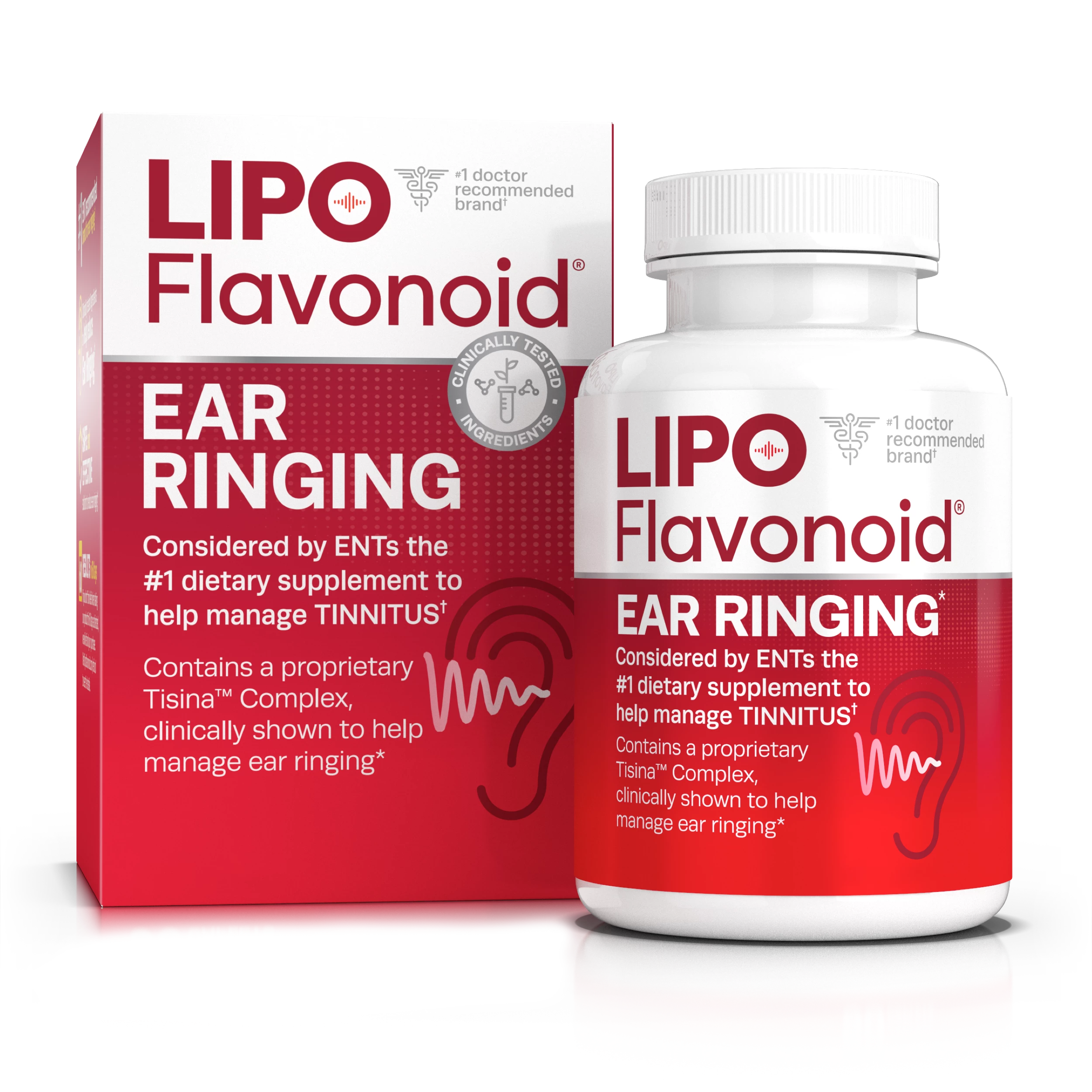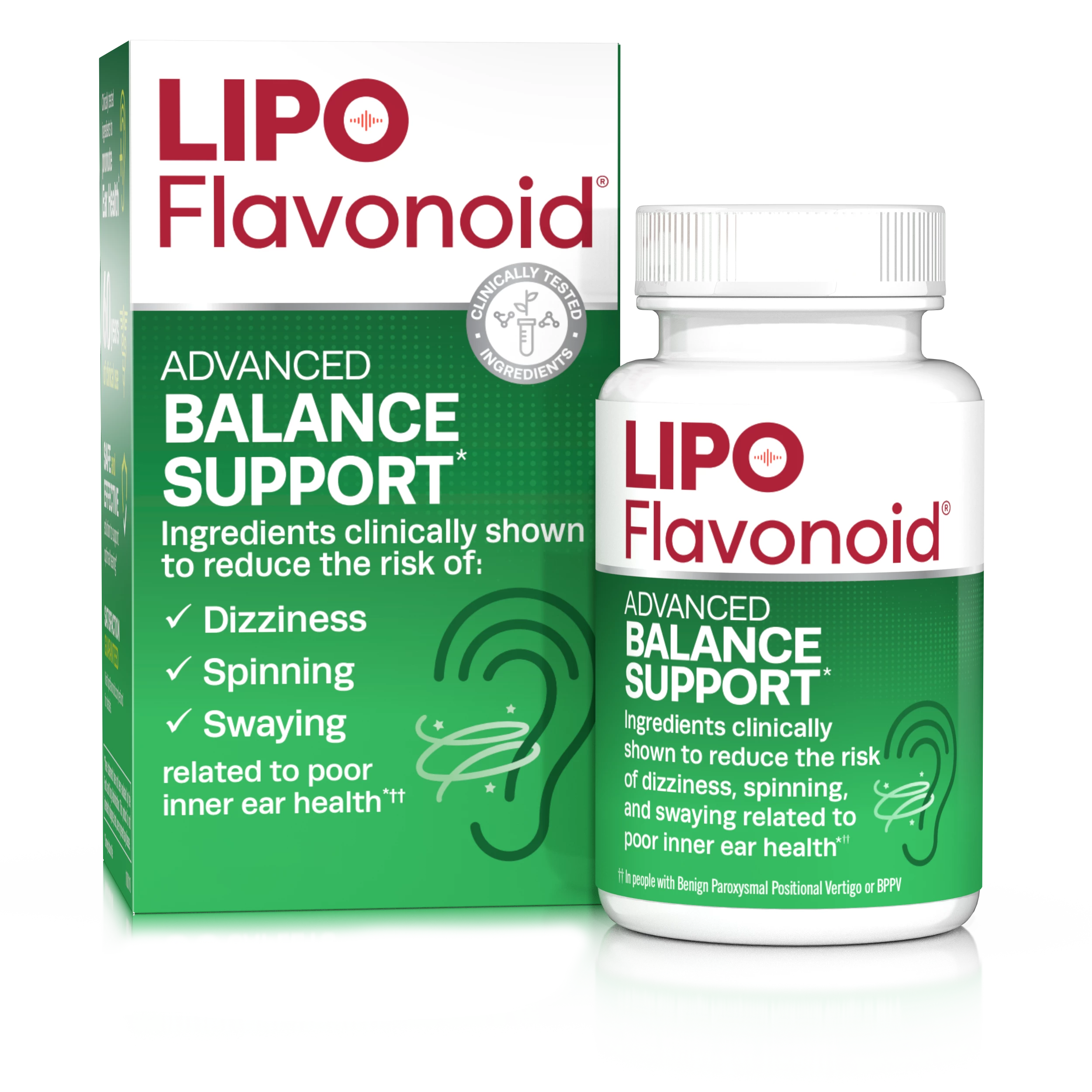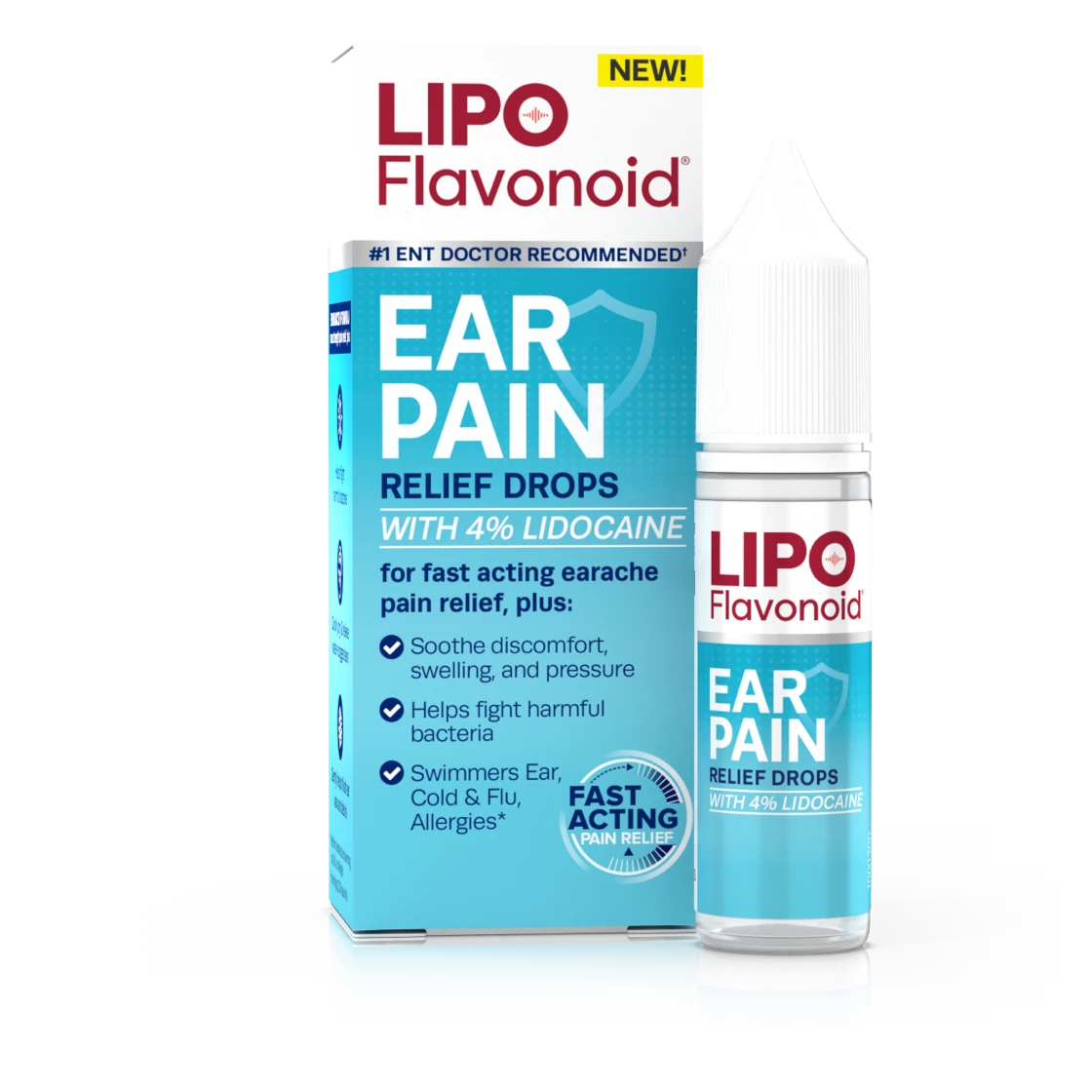Talent & Tinnitus: Musicians at High Risk for Tinnitus
Just Like You, Famous Tinnitus Sufferers Struggle with Ear Ringing
Tinnitus (“ringing” in the ears) can be a lonely experience. According to the British Tinnitus Association, more than 60% of tinnitus sufferers feel isolated. But while tinnitus can make you feel alone, the reality is that it’s one of the most common health conditions in the United States.
If you’re among the 1 in 5 people living with ringing in the ears, please know that you’re not alone and that you actually have a cadre of accomplished musicians (among others) who understand – and care about – what you’re going through.
Research shows that musicians are 57% more likely to suffer from tinnitus than those working in other professions. The culprit? Too much noise. The AARP (previously called the American Association of Retired Persons) says that long periods of exposure to sounds exceeding 85 decibels (equal to the sound of busy traffic) is risky. Pain begins at 125 decibels. A typical rock concert often clocks in at 115 decibels (that’s just 10 decibels less than a jackhammer or ambulance sirens.) After three minutes at 115 decibels, damage begins to occur. Sometimes the noise in an arena or stadium can hit 140 decibels (louder than a jet.) And it’s not just rock musicians who suffer, in a study of five Danish symphony orchestras (325 musicians), 19% reported severe tinnitus.
Here are just of few of the famous musicians affected by tinnitus:
Eric Clapton, Neil Young, Lars Ulrich of Metallica, Pete Townsend, Chris Martin of Coldplay, Ozzy Osbourne, Huey Lewis, Anthony Kiedis (singer for the Red Hot Chili Peppers), electronica artist Moby, Noel and Liam Gallagher of Oasis, and Barbara Streisand.
William Shatner (famous for his work on Star Trek and much more) also lives with tinnitus, probably, he says, due to exposure to loud special effects during his long movie and television career.
While there is no known cure for tinnitus, there are things you can do to manage the condition.
- Try to stay positive. For many people, tinnitus can be temporary, and severity can decrease over time.
- Take action. See a specialist, either an audiologist or an ear nose and throat physician (ENT), to confirm that what you are experiencing is, in fact, tinnitus and not another condition. Tell your healthcare provider about all the medications you are taking because some can cause tinnitus as a side effect.
- Pay attention. Are there things that seem to bring on your tinnitus or to make it worse? Nicotine is one possible offender. Diet can impact tinnitus, as well, with salt, artificial sweeteners, sugars, and alcohol having the potential to exasperate symptoms. Keep a journal to help you track and hopefully decrease triggers.
- Manage stress because it can aggravate tinnitus.
- Protect your ears and avoid loud noises as they can make tinnitus worse. If you are exposed to extreme sounds at work, in crowded spaces, or at concerts, invest in a pair of earplugs or noise canceling headphones.
- Take it slow. Tinnitus can change over time and the benefits of management strategies can be gradual. Lipo-Flavonoid, for example, is a nutritional supplement to support ear health and may help relieve tinnitus symptoms for some people. It’s the #1 recommendation of doctors for relief of ringing in the ears*, but it can take up to 60 days of use as directed to see if it works for you. If it doesn’t, you can get a refund.
We’re grateful to all the celebrities who have shared their tinnitus stories in efforts to raise awareness about this serious condition, to help prevent it from impacting others, and to encourage more research into treatments. We hope you can share your experiences with your friends, family and co-workers, too. Together we can help make a difference. Learn more at the American Tinnitus Association, Action on Hearing Loss, Help Musicians, and HEARsmart.
*April 2018 Survey. Clarion Brands Inc. Data on file


